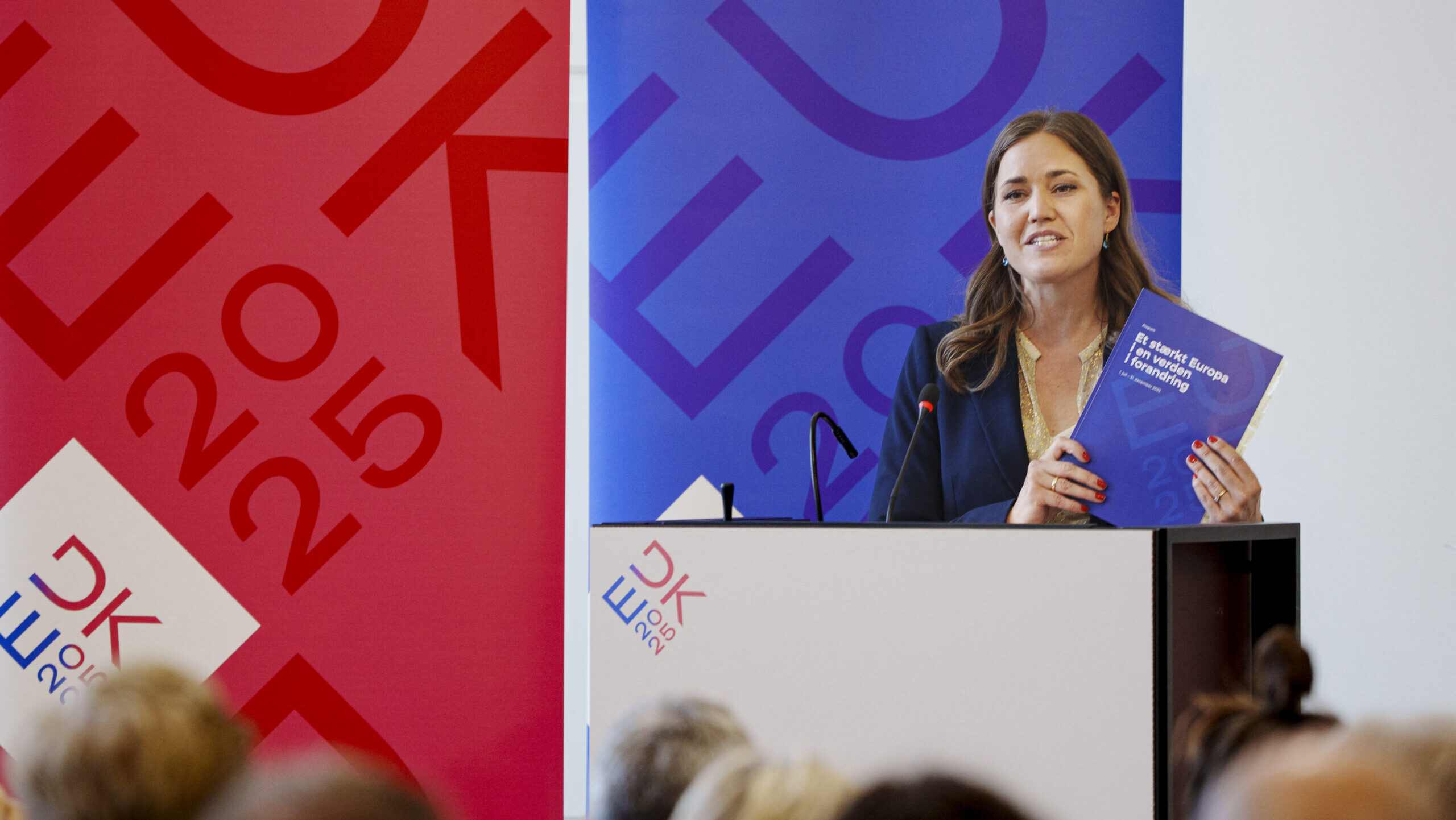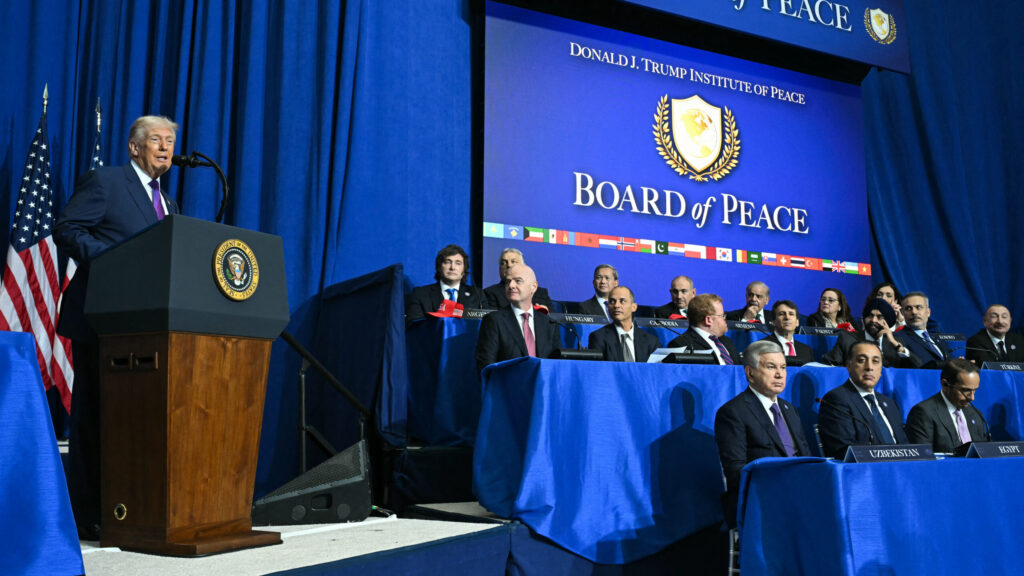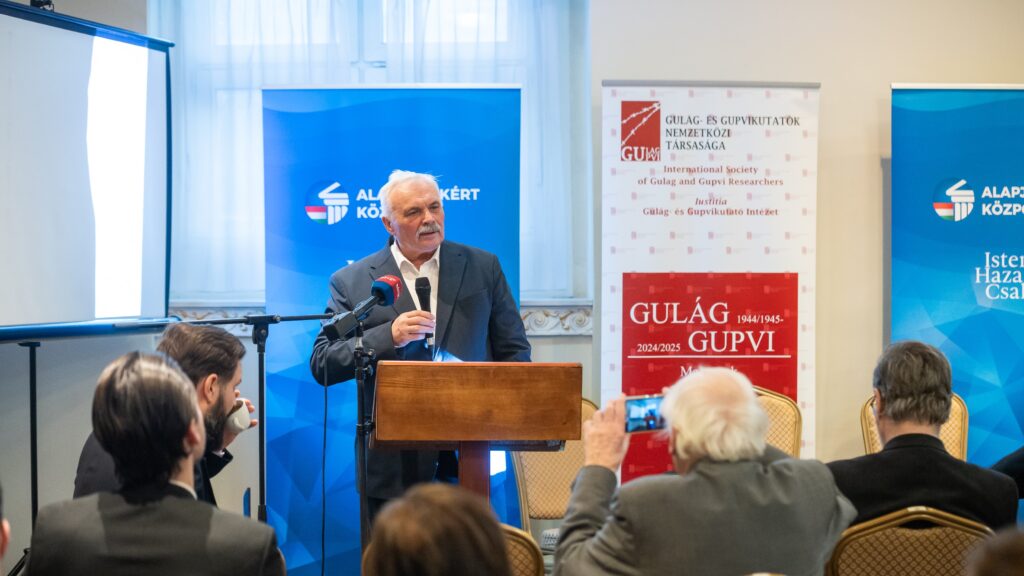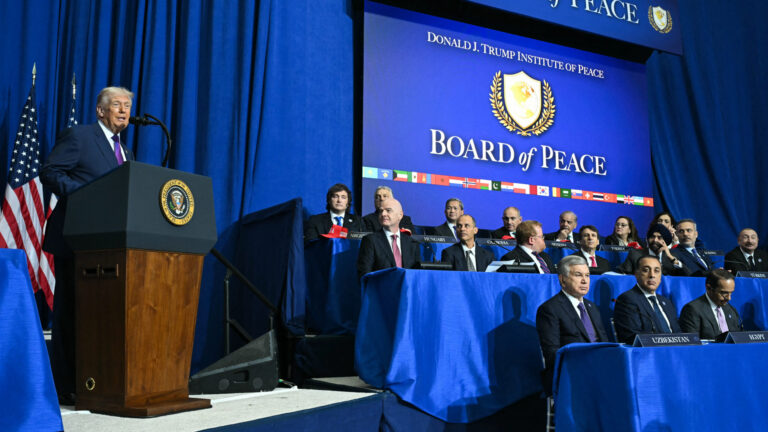Denmark will exert ‘maximum pressure’ on Hungary to lift its veto on Ukraine’s EU accession, European Affairs Minister Marie Bjerre stressed as Copenhagen assumed the rotating presidency of the Council of the European Union at the beginning of July. ‘We are willing to do all we can, politically and practically, to move forward with Ukraine and also Moldova and the countries in the Western Balkans,’ she told reporters, according to Euractiv.
Hungarian Prime Minister Viktor Orbán vetoed the opening of formal accession negotiations between the European Union and Ukraine—a promise he made back in March following an emergency European Council summit. The Hungarian government opposes Kyiv’s fast-track accession for several reasons, primarily economic, arguing that admitting Ukraine would fundamentally restructure the EU’s system of subsidies. Such a shift would affect agricultural and regional funding, making Hungary a net contributor to the EU budget.
Speaking to Euronews last week, Balázs Orbán, Political Director to the Hungarian Prime Minister, pointed out that beyond the clear negative economic consequences, ‘integrating Ukraine into the European Union means we integrate confrontation with Russia, which shouldn’t be the case.’ He added that it would be a mistake to proceed with the integration process without first resolving the war.
Hungary recently concluded a public vote initiated by the government on Ukraine’s EU accession. According to official data, more than 2.2 million people cast their votes, with 95 per cent opposing Kyiv’s admission to the European Union.
Denmark’s Limited Options
Looking at what ‘political and practical’ tools Denmark might use to pressure Hungary, there is little new on the table. Bjerre insisted that Copenhagen was ‘working to find solutions’ around Hungary—including the possibility of an additional hearing under the Article 7 procedure, which, if successful, could strip Hungary of its EU voting rights for ‘serious’ breaches of EU principles.
The Article 7 procedure was triggered by the European Parliament against Hungary in 2018, but progress has stalled since. To advance the process, four-fifths of the Council of the European Union—composed of national ministers—must confirm a ‘clear risk’ of breaching EU principles after a General Affairs hearing. This would then trigger the next stage, in which the European Council—comprising heads of state and government—must unanimously (excluding Hungary) agree that there is a ‘serious and persistent breach’. Finally, the Council of the EU could vote by qualified majority to suspend Hungary’s EU rights, such as voting in the European Council.
In recent years, there have been numerous threats against Hungary regarding the Article 7 procedure and the possibility of stripping the country of its voting rights; however, none have ever materialized. Such threats reached particular intensity in July of last year, when, after taking over the rotating presidency of the Council, Prime Minister Orbán embarked on a peace mission to seek an end to the war in Ukraine, visiting Kyiv, Moscow, Beijing, the Vatican, Washington, and Mar-a-Lago.
‘There have been numerous threats against Hungary regarding the Article 7 procedure’
Following this, MEPs, representatives of the European Commission, and officials from member states spoke almost unanimously about stripping Hungary of its voting rights, yet no progress has been made in the Article 7 procedure to date.
Earlier, the Belgian EU presidency also urged member states to advance the procedure. ‘I think we need to have the courage to make decisions: go right to the end of Article 7, activate Article 7 right to the end, which provides for the end of the right of veto,’ then-Foreign Minister Hadja Lahbib—currently holding two portfolios in Ursula von der Leyen’s second commission—told POLITICO Brussels at the time.
Most recently, Germany’s new Christian Democrat–Socialist government sent a clear message to Hungary in its coalition agreement:
‘The enlargement of the EU and its capacity to absorb new members must go hand in hand. Therefore, we need internal consolidation and reform of the EU, which strengthens it institutionally, at the latest with the next enlargement. The consensus principle in the European Council must not become a brake on decision-making. This also applies in principle to the remaining decisions requiring unanimity in the Council of the EU.’
The clause on eliminating unanimity from Council decisions would deprive Hungary of its power to defend its national interests, particularly concerning Ukraine.
Expanding Veto Alliance
Currently, Hungary is the only country vetoing Ukraine’s accession. However, this does not mean that all member states support punishing Viktor Orbán’s government over its differing stance. Slovak Prime Minister Robert Fico promised in 2024 that, as long as he remains head of the Slovak government, he would never agree to a country being punished for defending its sovereignty and national independence.
Slovakia and Hungary joined forces last week during the European Council summit to block the EU’s 18th sanctions package, which would have advanced the timeline for banning Russian oil imports among member states by 2027.
The Hungarian–Slovak veto alliance could soon expand to include Czechia, which is set to hold parliamentary elections in October 2025. Andrej Babiš’s ANO 2011 party is poised for a potential landslide victory. Babiš is a longstanding ally of Viktor Orbán—the two leaders established the right-wing European Parliament political group Patriots for Europe (PfE) last year.
It is also important to note that, as a rotating presidency, Denmark has no direct tools to ‘pressure’ Hungary into changing its position on Ukraine’s accession. It can prioritize issues, shape Council debates by placing Hungary’s veto and rule-of-law issues high on the agenda, and use communications and media to present the Hungarian government as isolated. However, these measures have proved ineffective in recent years.
Related articles:







